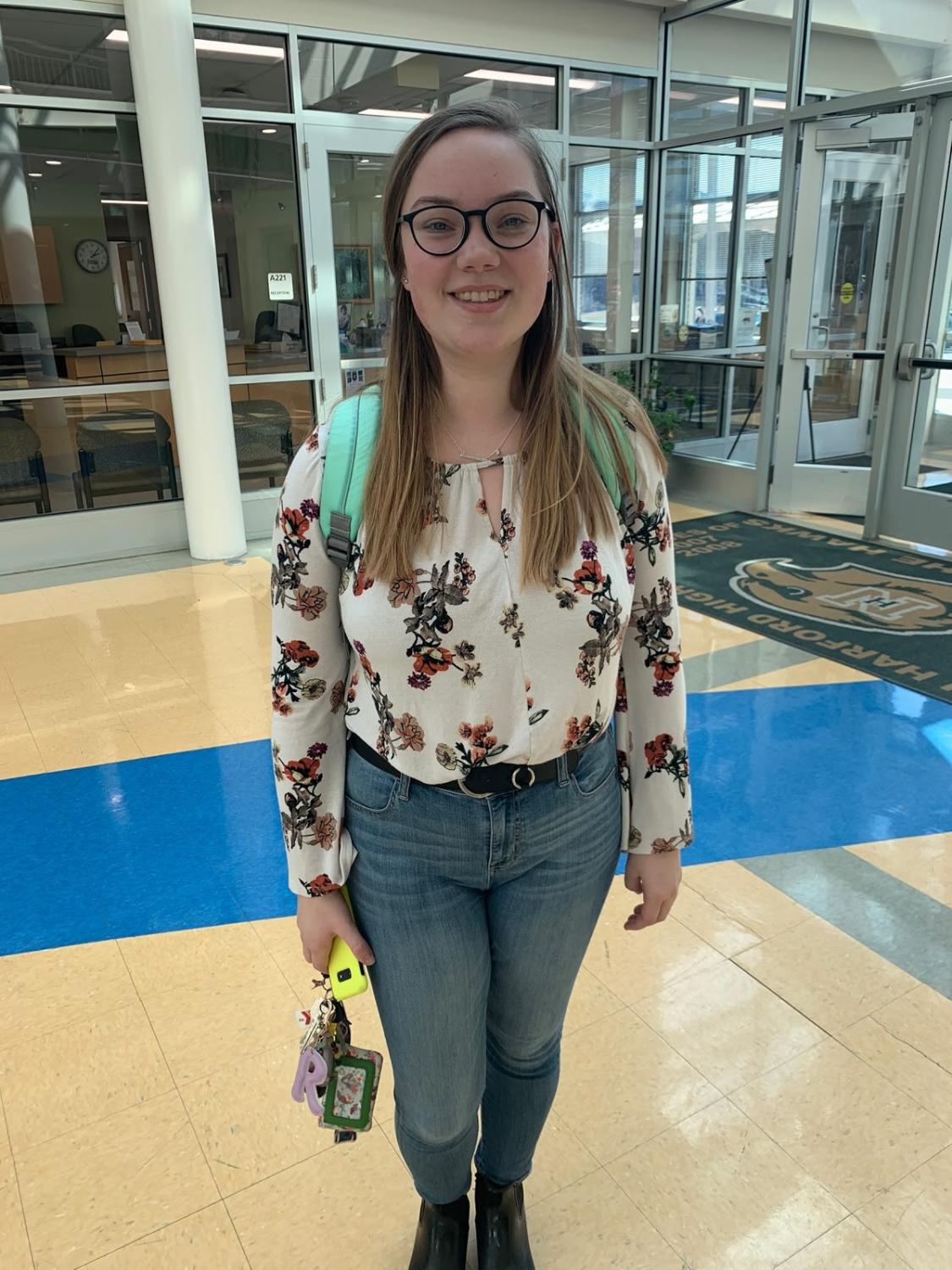Food safety, prep keys to healthy kitchen experience
April 1, 2020
“Basically our most important rule is to always wash your hands. Especially with all the sicknesses going around, we can’t risk it getting into our food. You have to wash your hands before and after a lab, and after you touch hair, your face, or any raw materials such as meat. Our next most important rule is to always have your hat on, or your hair tied back, so hair doesn’t get into your food. You also need closed toe shoes, just in case you drop something sharp, or hot. Lastly, a very very important rule in our kitchen is no horse play, especially since we use chefs knives almost on a daily basis. We can’t risk anyone getting hurt because they were messing around.”
-Abbey Huneke, Sophomore

“We learn a lot about kitchen safety. The first year is mainly learning the basics like how to handle a knife and properly washing dishes while also learning about individual categories of food such as fruits, salads, sandwiches and meats. The second year is when you start getting into more of the nitty gritty. [We are] learning about kitchen appliances and how to avoid things like cross contamination through color coded systems and proper sanitation. We also learn about special degrees for foods like chicken is always 165° and you learn a lot about storage food. Chicken is always stored at the bottom because it has the highest cooking temp. The biggest thing is that Mr. Adams has zero tolerance for goofing off in the kitchen. Safety is his main concern. Also being clean. Always washing your hands and having you back with a hat apron and chef jacket”
– Rachel Smith, senior
 “There are a lot of rules throughout the food industry like with FDA and CDC and there is a specific order food has to be put into the fridge with meats at the bottom to help stop cross contamination. Then all food has to be a certain temperature like when holding food it has to be out of the temperature danger zone so you can’t hold it for a long time between the temps of 41-135 so bacteria won’t grow.”
“There are a lot of rules throughout the food industry like with FDA and CDC and there is a specific order food has to be put into the fridge with meats at the bottom to help stop cross contamination. Then all food has to be a certain temperature like when holding food it has to be out of the temperature danger zone so you can’t hold it for a long time between the temps of 41-135 so bacteria won’t grow.”
– Garrett Arnett, senior

















